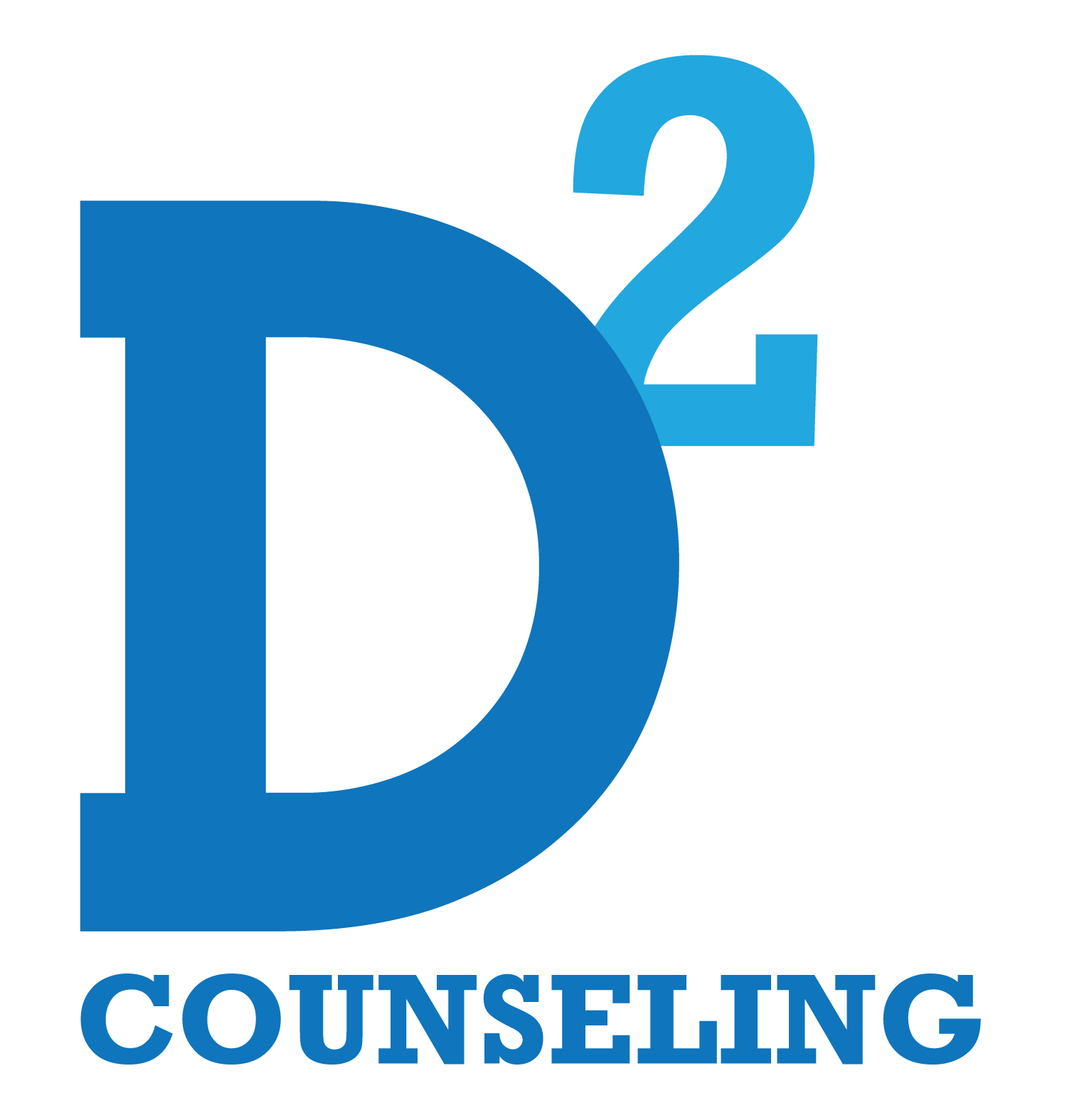I spent the first 18 years of both of my children’s lives trying to give them my experience. I have concluded that this attempt has been a horrible failure as it relates to changing their choice of behavior. As I have watched others struggle with child rearing, and struggled myself, I have concluded that natural consequence is the most effective behavior modification available to parents.
There is a theory of learning and behavior modification that states right thinking will lead to right behavior. It is wrong! Thank goodness this thought prevails or the sale of self- help books would plummet! Experience will show however that you act your way into right thinking, you do not think your way into right acting. This is the reason it is so difficult to tell a child what to do. The consequence of a behavior is a far better teacher than anything we are going to tell them.
Experience in life is about action and consequence. As parents, then, the best we can do is hope that reflection about the consequence will lead to changed behavior. When the consequence is related to the behavior, this child then is faced with greater stakes the next time the situation arises. It would be nice if we could simply confer as parents and come up with a rolodex of behaviors and then list the corresponding natural consequence we would like to impose, but it is rarely that simple. I have found however a few principles that help me determine where to go in correlating consequence with behavior. First, the parent must not “fix” all the child’s problems. If you save the individual from the consequences of their behavior, then the behavior will not change. Completing the science project for them because they started too late only fosters a dependence on you, rather than moving them towards independence. Second, consequence needs to be related. If the issue with the child is not calling to check in while at the mall with friends, they will not relate to a consequence of extra chores during the week. Perhaps loss of the cell phone for a couple of weeks is more important and understandable to the child. Third, the consequence needs to be reasonable. If the child is responsible for feeding the family pet, we don’t let the dog die of starvation. We can relate the issue of eating to the situation and then Junior does not eat until Fido is fed. Finally, the consequence must keep the child safe. If the issue is drinking and driving drunk, it is not safe to let them drive drunk and wait for the wreck. The safer consequence for driving impaired is not driving.
Love is defined by Peck (The Road Less Traveled) as “the extension of ourselves for the purpose of nurturing another’s spiritual growth.” I like that. When we set appropriate boundaries and consequences for our children, we are expressing our love for them. It is not love to simply let them do what they want. Our job as parents is to equip our children as they grow to meet the world on their own. They will not always have us there to save them, and it is our job to teach them how to be in this world without a dependency on us. Natural consequence will help us do that with them.
Rev. Daniel Gowan, LPC-S, CSAT and Dr. Dina Hijazi, PhD, CSAT are Co-Founders of D2Counseling and lead a quality team of mature, experienced therapists that specialize in children and family as well as individuals, couples and groups. They take an active and engaged approach and work with marriage and family counseling to depression, anxiety and dependency issues with offices in Plano and Far North Dallas. www.D2Counseling.com 972-975-9100




